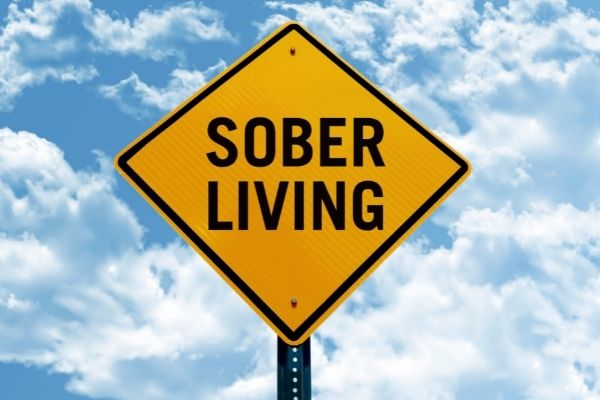Recovery isn’t a one-size-fits-all situation and even though there are a lot of people around the world who swear by Alcoholics Anonymous, that doesn’t mean it’s for everyone. Whether you’re skeptical of peer-based support groups or simply prefer the structure of formal recovery in a drug rehabilitation facility, there are several reasons why you might be looking for ways of staying sober without AA. The key to lasting and long-term recovery from alcoholism on your own will come from taking away the best aspects of Alcoholics Anonymous and drug rehab and incorporating those practices into your daily life.
5 Ways To Stay Sober Without AA
1. Find a recovery community
The most impactful and beneficial aspect of Alcoholics Anonymous or a drug program is the community. Addiction can be painfully lonely. Lying to loved ones about what you’re doing and with whom, or feelings of shame about your problem can lead to feelings of isolation. The further you stray from who you used to be, the more you feel that you can’t relate to others (or that they can’t relate to you). Having peers who are going through or have dealt with the struggles of alcoholism provides much-needed emotional support. They can also be an invaluable source of practical advice for things like withdrawal and or even repairing relationships with estranged loved ones.
You don’t need to go through an organization or any other formal channels to find this type of community. It can be as simple as your existing friend group who checks in on each other through text, or commiserating with online strangers on a sobriety memes account on social media. All that matters is that it’s a group of individuals you feel comfortable enough sharing your struggles with and can relate to.
2. Hold yourself accountable
The social aspect of groups like Alcoholics Anonymous can add a pleasant camaraderie that highlights that you are far from the only person struggling with alcoholism. Having people you see regularly and are all working towards the same goal also provides a level of accountability. Humans are inherently social creatures. Having to face your group of peers and admit that you broke your sobriety can be a powerful deterrent in the face of weakening resolve.
How to apply accountability to your life if you’re not a part of a peer-based recovery group? Confide in those closest to you and allow them to be your sounding board for your triumphs and failures. Even if they’re not recovering alcoholics themselves, those you talk to are likely invested in your wellbeing and will work with you to resist temptation and lessen the likelihood of relapsing.
3. Establish a routine
Stability is something that both support groups and formal drug treatment strongly encourage their members to establish by creating a routine. Why? The addicted brain has been significantly overworked and overstimulated. There’s reassurance and comfort to be found in repetition and a sense of stability that their life has likely been missing for some time.
Create a routine of good habits by starting small and then eventually building up to practices that will create the foundation to a more physically and mentally healthy life. Some examples to build upon or include in your existing routine are:
- Drink a large glass of water first thing in the morning
- Going on a 30-minute walk at lunchtime
- Calling friends on Sundays
- Writing down 5 things they’re grateful for every night before bed
Many of the activities that make for a healthy routine are also effective for relapse prevention. Actions that focus on mindfulness will make it easier to work through cravings and moments of temptation. Routines also impart discipline and self-restraint which is a particularly valuable skill recovering addicts will need to relearn.
4. Constantly self-evaluate
One of the aspects that make Alcoholics Anonymous so effective is the ongoing and sometimes ruthless self-evaluation that the 12 steps encourage. Understanding why we used alcohol and confronting the extent of the problem are necessary steps for lasting change to occur. Seeing a mental health professional can be a great asset, especially if you are diagnosed with a mental illness (or suspect that you might be). They can help to identify how mental illness played into excessive consumption of alcohol and provide specific methods for overcoming those challenges.
5. Be honest with yourself
Above all else, being completely honest with yourself is vital to staying sober, with or without AA. If you’re in denial that you have a drinking problem and don’t fully believe that it’s something that needs to be fixed, nothing in the world is going to change your alcohol addiction.
